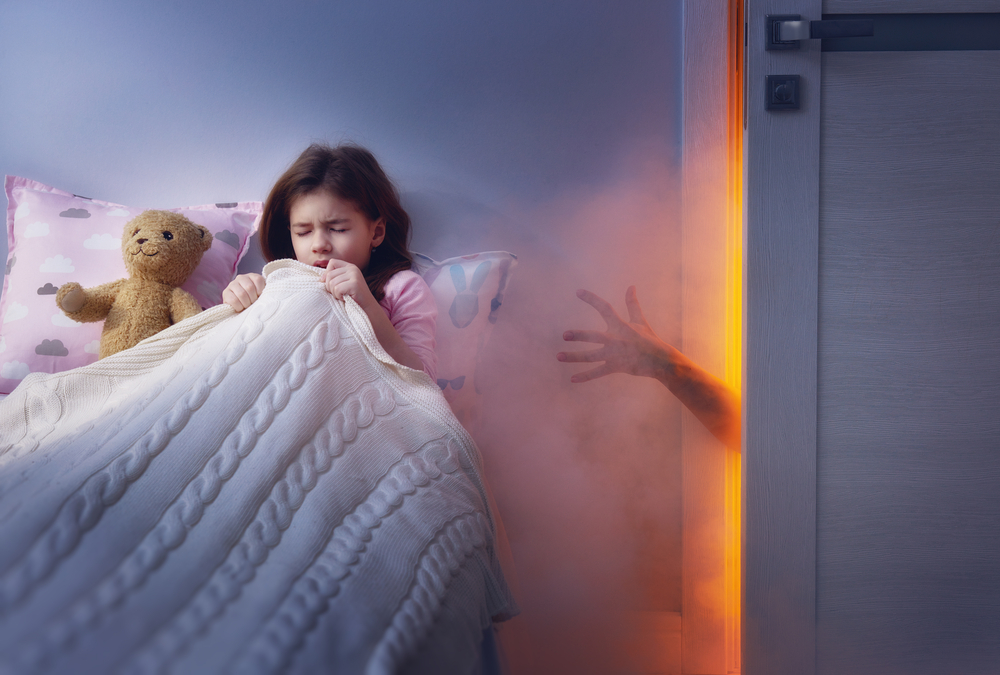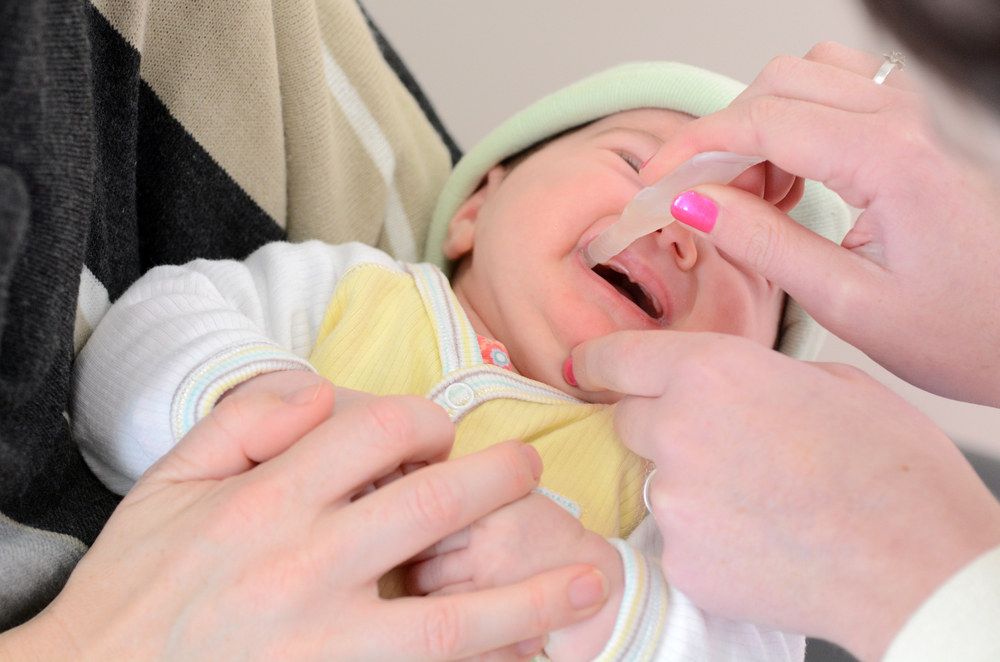Nightmares and night terrors are both scary and can cause sleep disturbances, but they are not the same thing. Knowing some of the main differences can help you understand what’s going on and discover possible steps you can take to improve sleep.
Nightmares are defined as dreams with strong negative emotions which awaken your child. A nightmare begins as a normal dream and turns frightening towards the end. Most scary dreams are quickly forgotten! If your child is having a nightmare they can be awakened and consoled and it will spontaneously subside.
Night mares can occur as young as 2 years, however, evidence shows the highest prevalence between the ages of 5 and 10 years.
Typical signs of nightmares
- Nightmares occur during REM sleep when the brain is most prone to vivid dreaming.
- The dreams are scary and unsettling and vividly recalled.
- They occur later at night or early-morning hours when the brain reaches that part of the sleep cycle.
- Typically, your child will awaken immediately with a pretty clear recall of the bad dream. (but quickly forgotten)
- Often, children will want to talk about the bad dream and have you reassure them that everything is ok.
Typical signs of Night Terror
- Your 3 – 10year old utters a piercing scream and you run into their room!
- They appear wild-eyed, anxious and frightened and may shout, sleepwalk, or appear scared for several minutes before relaxing back into sleep.
- You cannot wake them up and you cannot comfort them.
- Later they will only have a vague recall of the dream.
- More common between 4 – 8 years
- Night terrors are a sleep disorder, resulting from a partial arousal during slow-wave sleep.
- Night terrors tend to occur earlier, during non-REM sleep.
- They usually occur within 2 hours of sleep onset and are characterized by agitation and unresponsiveness to external stimuli.
Although it can be distressing to see your child experiencing a night terror they aren’t harmful and chances are they won’t even remember it in the morning.
Here are some tips for helping your child with nightmares:
- Talk to your child during the day about ways to soothe and cope with nightmares.
- Give your child a comfort object such as a stuffed animal to protect them.
- Avoid scary movies, stories, or TV shows, especially before bed.
- If your child wakes up from a nightmare, calm them down and assure them that they are safe.
- Don’t bring your child into your bedroom or sleep in theirs when they are afraid. This will quickly result in a bad habit.
- Praise your child for “being brave” and falling asleep on their own after a nightmare.
If you suspect your child is not really having nightmares and running into your room at night and wanting to get into bed with you. I have found “magical monster spray” works a treat. Spray a bit of scented water at bedtime, to ward off monsters, or doing monster hunts around the room (to prove to the child that no monsters are there.) And these certainly can work.
Whether the concern is night terrors or nightmares, if frightening dreams are keeping you or your child awake at night for several nights (or weeks) in a row, consider talking with your doctor.
You may also like to read:









